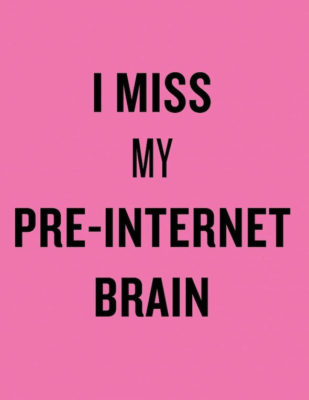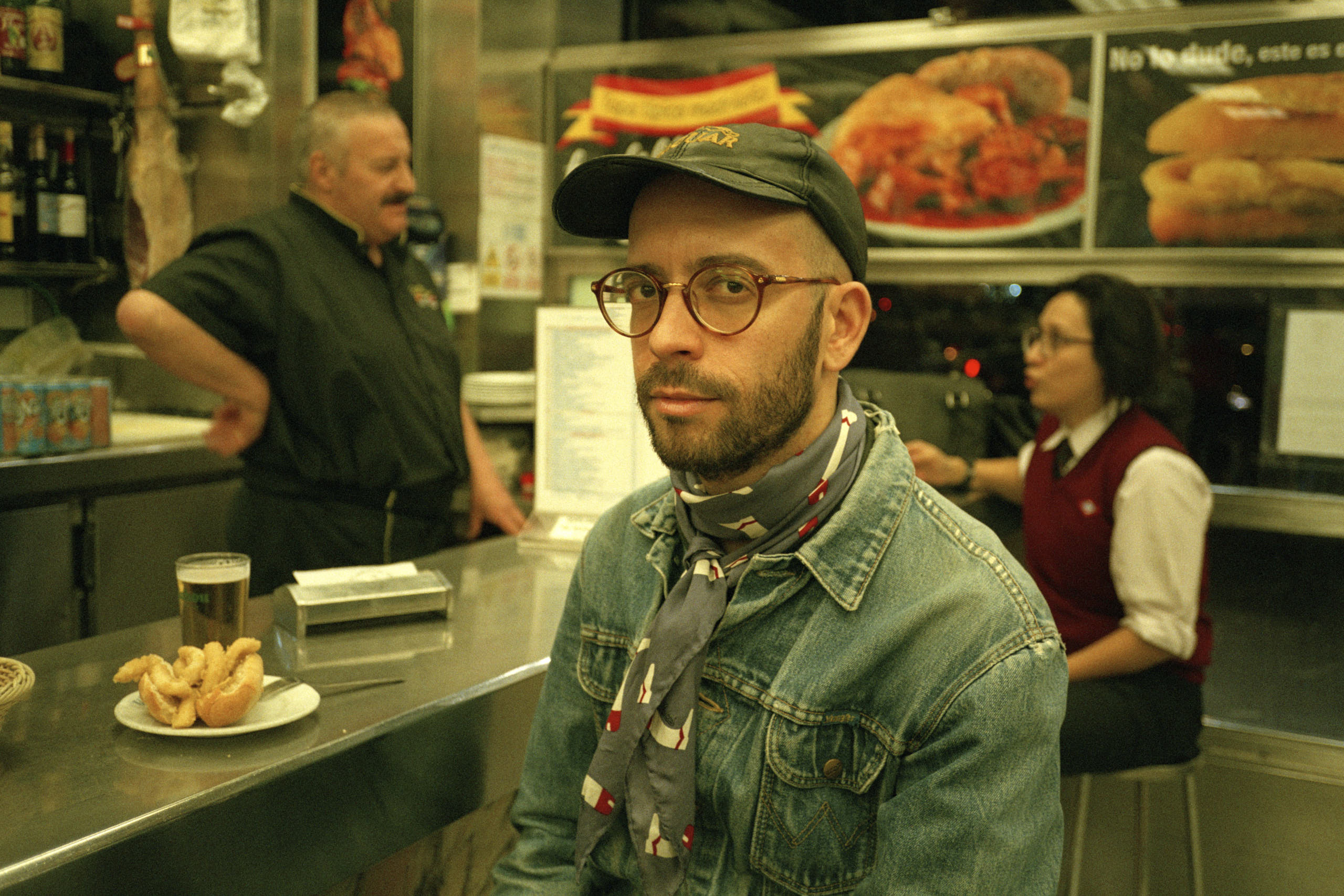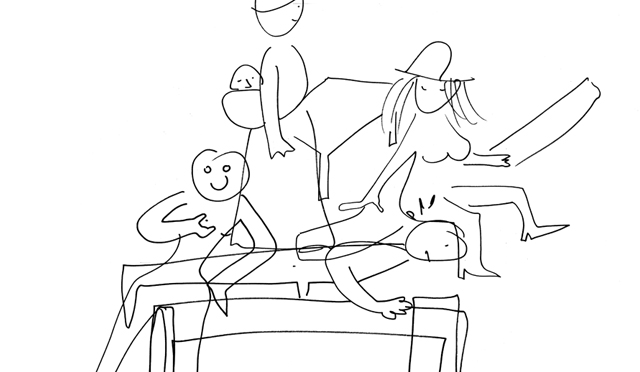Search
To search for an exact match, type the word or phrase you want in quotation marks.
A*DESK has been offering since 2002 contents about criticism and contemporary art. A*DESK has become consolidated thanks to all those who have believed in the project, all those who have followed us, debating, participating and collaborating. Many people have collaborated with A*DESK, and continue to do so. Their efforts, knowledge and belief in the project are what make it grow internationally. At A*DESK we have also generated work for over one hundred professionals in culture, from small collaborations with reviews and classes, to more prolonged and intense collaborations.
At A*DESK we believe in the need for free and universal access to culture and knowledge. We want to carry on being independent, remaining open to more ideas and opinions. If you believe in A*DESK, we need your backing to be able to continue. You can now participate in the project by supporting it. You can choose how much you want to contribute to the project.
You can decide how much you want to bring to the project.

Now that the debate surrounding artificial intelligence, how and who controls its reach and limitations, is officially on the table, we retrieve an essay directed by María Muñoz published in 2019. Said essay intended to explore ‘our hyperconnected existence, when it comes to the use of technology and information in our society, the power of algorithms, which make our choices, and their impact regarding contemporary culture’. Conjointly, Lorenzo Sandoval took a deeper look into the origins of the algorithm, at a specific place and moment in time: IX century, current Uzbekistan. Armen Avanessian introduced four aphorisms regarding a present future entirely digital. Kostis Stafylakis dug into the social media polarization. Ana Llurba talked to Momu & Noes in regards to hyperconnectivity. Peter Kirn brought us closer to machine learning as a new way of understanding music theory. Lastly, Bani Brusadin warned us that obsessing about the future can lead us to disregard the present…
Through associative concepts and literal-non-literal games, these music suggestions refine, complement, or enhance the topic regarded in the essay.
ALGORITHMS OF POWER
Connected to Michael Pepi’s quote, introducing María Muñoz’s paper, I thought of stressing that said externalized decision-making skills, employed when picking songs, could summarize the entire text. We shall, for entertainment purposes, continue to believe in the alleged magic behind the algorithm tied to all our daily consumptions.
We shall start with a rather quick game, an apparently simple search algorithm. Maybe the simplest of actions: finding something in databases, which may be defined by different parameters, so as to, then, choose from several options. Much easier than just listening to me as I read this text.
Using an online word counter in María’s text I find the most recurring word to be digital, repeated eight times. Other facts regarding the text could be, the publishing year, and the publishing country, Spain.
We shall move onto music platforms or applications I use daily, those I am more familiar with, these being: Bandcamp (platform for independent artists, used as a store), Tidal (streaming platform I use as a replacement to the standard Spotify*) and Discogs (website and database encompassing all information regarding published music, created by its users). Lastly, the search engine Google, with a more complex search object. I avoid YouTube because of its immense amount of content, which cannot be previously reduced with a simple keyword song search.
*I want to clarify that I do not use Spotify to listen to music, only podcasts, and I do not have a premium account, the reason for that being its dreadful revenue policies for its artists and creators of the content they immensely capitalize on. Here I leave an article to help understand this choice taken by many Nonetheless, only for the sake of involving it in this article, I have been able to log in, using the account of someone close to me, and play the game.
Writing the keyword digital to search for songs (including said word in their title), or on websites or applications, when possible, together with other keywords or complete sentences or using search filters, we find the following song list:
– Bandcamp. INPUT: digital, track. OUTPUT: The Weeknd – Blinding Lights (Mass Digital Remix) – Mass Digital
– Tidal: INPUT: digital, canciones [songs]. OUTPUT: M Pavanjay – Digital Drop
– Discogs: INPUT: digital, 2016, Spain, relevance. OUTPUT: Ohm Saw – Digital
– Spotify: INPUT: digital, canciones [songs]. OUTPUT
These different results allow us to appreciate at first, and without really understanding the entire process, that the mystery and magic of what we are shown is never innocent. Without digging too deep into it, we shall at least understand its behavior and its implications. We shall be left with the wondering thought of, not only the obtained results, but also everything we were not shown, and the reason behind said omission (why those songs, and why us?).
Now though, which song you will choose to listen to today has nothing to do with me, I have already made my choice.

Josephine Soundscapes is Jose Salas, art director, graphic designer and audiovisual creator. His career is linked, for the most part, to the independent cultural network of Madrid, in the fields of visual arts, audiovisual and music, both from his personal or collective projects such as Machines Désirantes Buró, Fast Gallery, Silly Europeans, Alkomerz (Berlin), Paraíso Madrid or Sonda Dispersa (M21 Radio), as well as for institutions such as CA2M, La Casa Encendida or Matadero Madrid. Under his alias Josephine Soundscape he works as a DJ, radio host, promoter and programmer, in clubs, parties and festivals, as well as in radio projects and collaborations with the performing arts environment, partly from his independent promoter a_mal_gam_a, or in other projects such as CALMA, Radio Relativa or in the Festival BetaPública de Teatros de Canal.

A*DESK is a critical platform focused on publishing, training, experimentation, communication and dissemination in relation to contemporary culture and art, which is defined by transversality. The starting point is contemporary art, because that is where we come from and this awareness allows us to go much further, to incorporate other disciplines and forms of thought in order debate issues that are relevant and urgent for understanding our present.
"A desk is a dangerous place from which to watch the world" (John Le Carré)